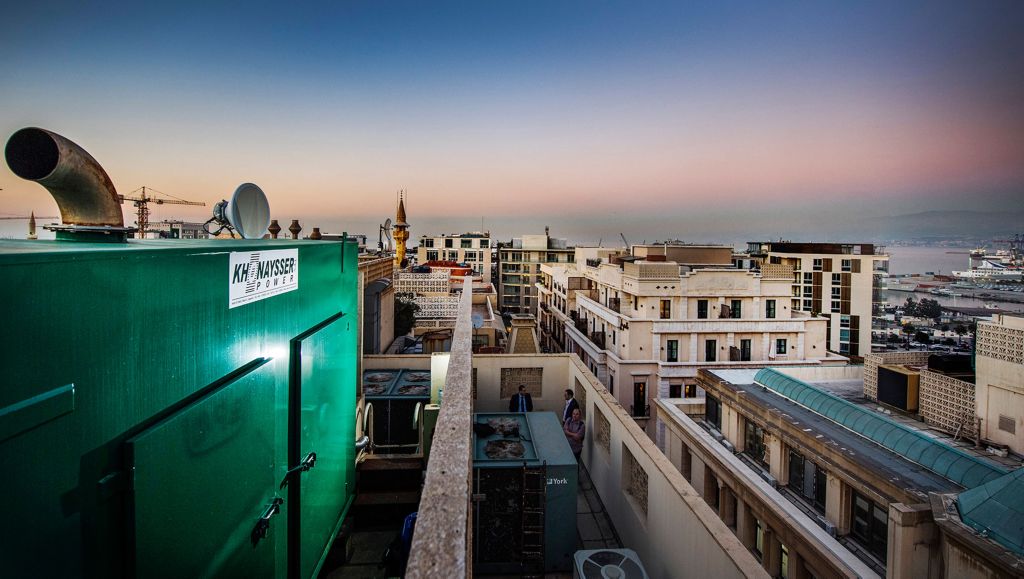An Essential Lifeline


Lebanon has an underdeveloped electrical infrastructure that falls way short of the country’s needs. The government only being able to deliver an average of 12 hours of electricity per day, outages are a daily occurrence. In the country’s hospitals, even a short blackout can mean the difference between life and death.
“Without electricity, we would shut down – it’s as simple as that,” says Mouin Abouzahr, General Director, Labib Medical Center. “You can’t do anything and you have to transfer your patients to another clinic. So, having 24-hour electricity is crucial, it’s the heart of the hospital.”
The 164-bed hospital, based in Sidon in southern Lebanon, is one of the most important in the region and over the years it has had to overcome some exceptional challenges to continue providing health care. Throughout the crisis, the hospital relied on power from its generating sets (gensets) supplied by Khonaysser Group and powered by Volvo Penta engines, as well as Khonaysser Group’s round-the-clock maintenance and support. “Today, they have three 500 kVA gensets that are synchronised – two for prime applications and one on standby for emergencies or load sheds. This means they are always connected, they will not even see a light bulb blink.”
There is little evidence in Beirut’s modern neon-lit skyline of glass skyscrapers and electronic billboards to suggest the country is suffering an energy crisis. The city’s historic centre has been immaculately restored to its former glory, when Beirut was known as the Paris of the Middle East, and its streets are lined with flagship stores from the world’s largest fashion brands. But, behind the scenes, hidden away on rooftops and basements, there are countless gensets providing all the necessary power.
In 1992, Khonaysser started buying Volvo Penta engines. Five years later, Khonaysser Group become Volvo Penta’s exclusive importer for Lebanon and the family-owned company has gone from strength to strength ever since. The distinctive green colour of its gensets has been taken from the colour of Volvo engines. The product alone is just part of the equation and it needs to be backed up with good aftermarket support. “Around 60-70 per cent of our customers are most concerned about the service we can provide,” says Elias Khonaysser. “After all, if a customer’s genset fails, he will say Khonaysser failed, so our reputation is on the line. Delivering fast, efficient aftersales services has therefore always been a key focus and the company can boast a team of technicians ready to serve its customers around the clock with both preventitive maintenance and emergency support.
“Fortunately, Volvo Penta has been able to support us 100 per cent when it comes to aftersales,” says Antoine Khonaysser. “We are in contact weekly with Volvo Penta’s spare parts team, where we deliver regular reports so that they know the situation in our market and will do what they can to ensure we do not lose market share. This relationship has been a real success story over the years.”